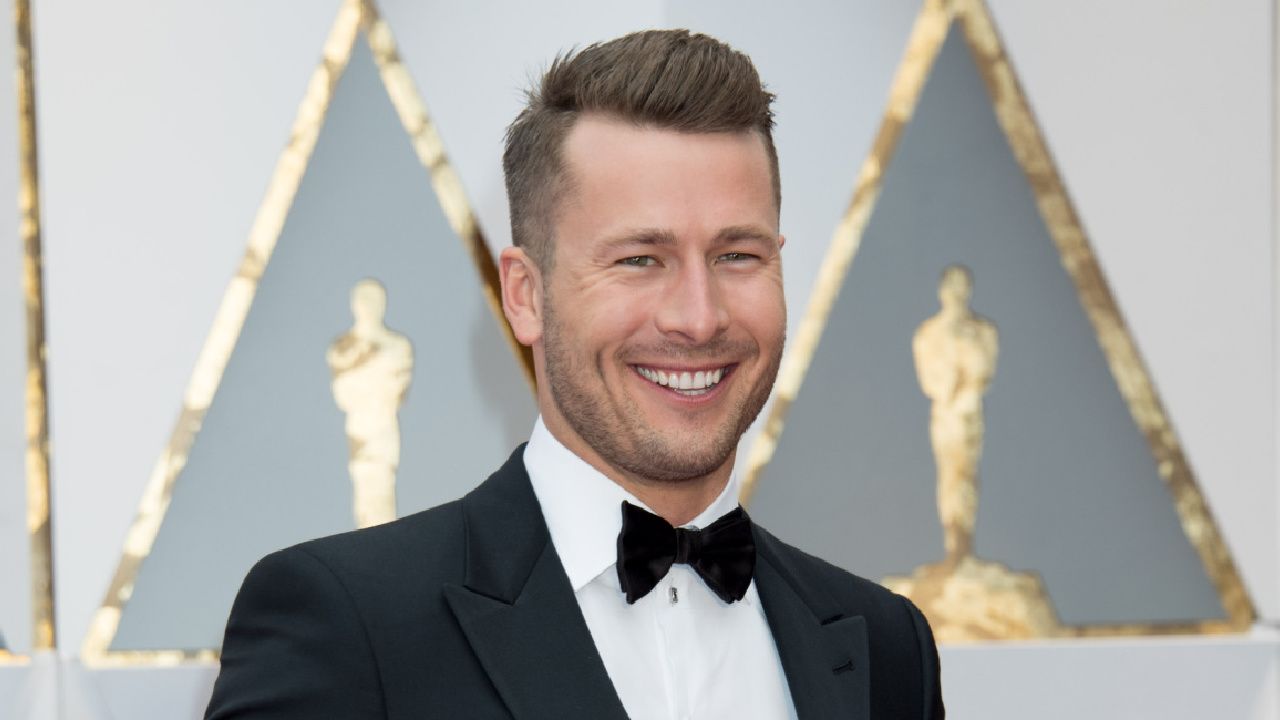Donald Trump’s Media Censorship Arsenal Is Growing

In legal circles, it wasn’t the monetary figure in Disney’s $15 million deal to resolve defamation claims from President-elect Donald Trump that was surprising, or even the fact that the network settled at all. It was the timing.
Disney opted to dispose of the case before trying its luck on summary judgment, a routine step in civil litigation in which the court evaluates evidence and the merit of claims to decide whether a trial is necessary. ABC News had a strong case. Though he said E. Jean Carroll wasn’t raped within the “narrow technical meaning” of the term, U.S. District Judge Lewis Kaplan made clear that the verdict didn’t mean that the writer “failed to prove that Mr. Trump ‘raped’ her as many people commonly understand the word.” He underscored, “The jury found that Mr. Trump in fact did exactly that.”
The court could’ve decided that Trump, who targeted George Stephanopoulos’ coverage saying he was found “liable for rape” when he was actually found liable for sexual abuse, didn’t have a viable legal claim and dismissed the lawsuit. As a public figure, prevailing on a defamation claim is a herculean task. At the heart of modern American libel law is decades of jurisprudence building on a landmark First Amendment decision in New York Times v. Sullivan. The 1964 ruling established a defense-friendly framework requiring public figures to prove that those who made defamatory statements knew they were false or had serious doubts about their accuracy. The standard is a powerful shield for networks and publications that report erroneous information in good faith.
In 2016, the ever-litigious Trump threatened to “open up” libel laws to make suing for defamation easier. That never materialized, but a favorable ruling for ABC on summary judgment in his lawsuit could’ve become a vehicle for the Supreme Court to review Times v. Sullivan. A doomsday scenario for ABC News and parent Disney — along with the rest of media — involved the justices overturning the central doctrine in the decision. Libel lawsuits and liability insurance would skyrocket.
The specter of Trump toppling a pillar of First Amendment jurisprudence has emerged as one of several weapons in his censorship arsenal. It includes novel claims in lawsuits intended to chill free speech that push legal boundaries, threats to utilize the levers of government to retaliate against networks critical of him and dangling carrots of selective regulatory enforcement.
Trump’s latest legal salvo came on Dec. 16 when he sued pollster J. Ann Selzer, the Des Moines Register and Gannett, the newspaper’s parent company. The lawsuit brings a claim for a violation of Iowa’s consumer protection law, which bars deceptive advertising, for “brazen election interference” over releasing a poll showing Vice President Kamala Harris leading in Iowa, which Trump won. It’s a way to bypass the legal barriers to asserting defamation.
The arguments outlined in the complaint mark a new roadmap for Trump and his legal team to chill free speech by weaponizing the courts. In October, he sued CBS News for a violation of Texas’ consumer protection law covering deceptive advertising. He alleged the network’s segment with Harris misled the public, targeting the inclusion of a longer section of her response to a question about the conflict in the Middle East. Trump seeks $10 billion.
The lawsuits are likely destined for dismissal but, by Trump’s thinking, that doesn’t matter.
“We have to straighten out the press,” he said at a news conference on Dec. 16 previewing the legal action.
And last year, the ever-litigious Trump stumbled onto a novel copyright issue when he brought a lawsuit against Bob Woodward and his publisher Simon & Schuster over the public release of audio recordings from their interviews for Woodward’s book, The Trump Tapes. More than eight hours of excerpts from the interviews were published as an audiobook, and Trump has claimed he’s entitled to all or most of those profits because he only granted Woodward permission to use his responses in a book. The dispute raises unsettled questions about the copyright interest of the parties in an interview.
Also in Trump’s arsenal: Loyalists serving as heads of regulatory agencies who can steer networks away from coverage critical of him and his administration. Incoming FCC chairman Brendan Carr is already on the offensive, threatening to revoke broadcast licenses for stations owned by networks that’ve drawn Trump’s ire. He’s pointed to the agency’s authority to ensure that public airwaves operate in the public interest. It’s a longshot considering there aren’t any TV station licenses up for renewal until 2028 and pulling one in the middle of a term is essentially unheard of but long term incentives to stay out of Trump’s crosshairs by toning down adversarial coverage persist.
These incentives include merger approval from the Justice Department’s antitrust division and FTC — to be led by Gail Slater and Andrew Ferguson, respectively — in deals with the potential to transform the long term trajectory of a company. Carr has emphasized that CBS’ 60 Minutes interview with Harris should be considered in its review of Skydance’s pending purchase of Paramount. A quagmire has emerged: Side with Trump and possibly get favorable regulatory decisions or face the specter of retaliation.
That dynamic has shined a spotlight on the power that Trump will wield over dealmaking in a fashion atypical of previous administrations. Media execs have noticed. In September, Warner Bros. Discovery CEO David Zaslav and Elon Musk were seen sitting next to each other at the U.S. Open. The next month, WBD hosted Tesla for its robotaxi rollout event, which led to the studio getting sued for misappropriating Blade Runner 2049.
For Zaslav the lawsuit might’ve been worth it: He gets access to the foremost Trump whisperer, and along with him, Trump’s ear if he were to pursue a regulatory risky deal. Eyeing a spinoff of its legacy TV assets, WBD earlier this month reorganized its corporate structure by separating its streaming and studio divisions in a move meant to bolster its “strategic flexibility.” Dealmaking is in the air and, with it, a motive for Zaslav to mandate from CNN less adversarial coverage of Trump than during his previous term.
Read the original article here






